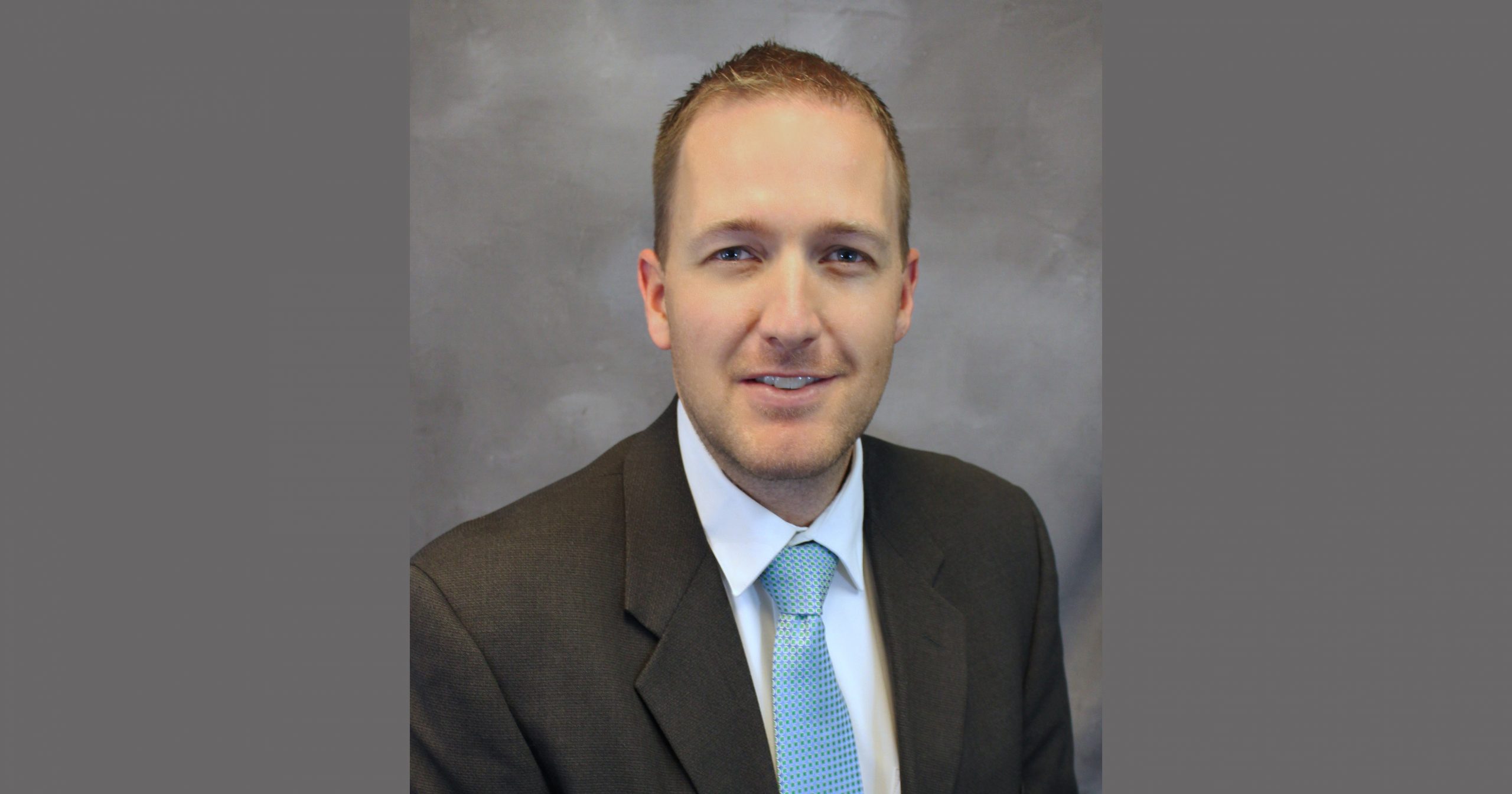Utah PA and AAPA exploit death of physician to push for independent practice
💬 comments
How can an organization demonstrating this kind of opportunistic behavior claim to stand for team-based, patient-centered healthcare?

It would seem from this story that at as a child, physician assistant Wade Anderson developed a close bond with Dr. Dwight Inouye as a patient. Mr. Anderson later became a PA, and returned to work Dr. Inouye's practice after being offered a job there. In compliance with Utah supervisory requirements for midlevels, Dr. Inouye was PA Anderson's supervising physician, up until he died of COVID-19, and before plans could be made for another physician to take his place.
The AAPA tries to leverage Dr. Inouye's death and the idea of a midlevel's supervising physician suddenly dying/becoming unavailable as some sort of inconvenience and "red tape" because suddenly, this PA can't sign orders and bill insurance anymore. They claim that the fix is SB 27, the Physician Assistant Act Amendments bill that "removes the requirement that a physician assistant maintain a specific relationship with a physician or any other health care provider". Have they given any thought as to why this requirement exists in the first place?
While we are terribly sorry to hear about Dr. Inouye's death and PA Anderson's loss, we find it extremely disgusting and crass that this PA along with the AAPA would exploit a physician's death to push for full practice authority for physician assistants. It doesn't take a physician to see that the scope of a physician assistant lies in the very name of the job title - a physician assistant assists physicians. Their abbreviated training - two to three years - pales in comparison to the four years of medical school and three or more years of graduate medical education, i.e. residency possibly followed by additional years in fellowship. By nature of their extensive education, physicians are expected to lead and supervise the healthcare team. Indeed, physician assistants were and are never meant to practice independently without the supervision of an attending physician. The longstanding requirement in Utah as well as in many other states mandating that midlevels such as physician assistants and nurse practitioners be supervised by attending physicians with more training and experience is in place for a very simple reason: patient safety.
